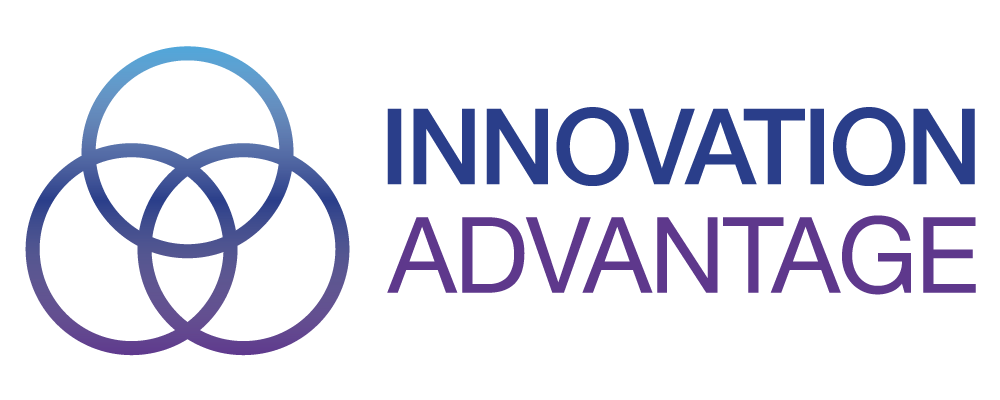AI in Healthcare
Recently, AI has emerged as an incredibly versatile tool, and is being used to revolutionize various industries, and healthcare is no exception. AI has the ability to process and analyze huge data sets, detect patterns and even make predictions and decisions. Right now AI is being used to transform healthcare systems, improve patient outcomes, and enhance the overall efficiency of healthcare delivery. In this post, we will explore the incredible potential of AI in healthcare and the impact it is having on the industry.
Enhanced Medical Imaging
One of the ways AI is contributing to healthcare is by enhancing the field of medical imaging. It is doing this by enabling more accurate and efficient interpretation of radiological images. Deep learning algorithms can analyze medical images such as X-rays, MRIs, and CT scans to detect anomalies, identify signs of disease, and provide precise information. This technology not only improves the accuracy of diagnoses but also reduces the time required for the interpretation of images, allowing healthcare professionals to increase efficiency.
Predictive Analytics and Early Disease Detection
One of the most promising applications of AI in healthcare is its ability to predict and prevent diseases. By leveraging machine learning algorithms, AI can analyze vast amounts of patient data, including medical records, genetic information, and lifestyle factors, to identify patterns and predict the risk of developing certain diseases. Early disease detection enables timely interventions and personalized treatments, leading to better patient outcomes and reduced healthcare costs.
This will impact nursing by helping focus our attention on those who are likely to become septic or have a lethal arrhythmia before we see signs or symptoms. This will improve morbidity and mortality as well as ensure that nursing efforts are provided in a more thoughtful manner. All of this comes together in more time for preparation, education and intervention by “knowing” what is coming and acting to prevent unwanted results.
Personalized Medicine and Treatment
AI is helping to provide a more personalized approach to medicine and treatment. AI can be used to analyze large groups of data while considering relevant factors such as medical history, genetics, and lifestyle. By using this information AI programs can create tailored treatment plans for specific patients. This approach allows healthcare providers to optimize treatment strategies, minimize adverse effects, and improve the overall effectiveness of therapies. Physicians can use AI support systems to assist in choosing optimal treatment options based on specific patient needs.
Virtual Assistants and Chatbots
One fairly recent development is AI-powered virtual assistants and chatbots, these tools are transforming the way healthcare services are delivered. These intelligent systems can provide patients with instant access to medical information, answer their questions, and offer guidance on self-care. Virtual assistants can also help healthcare professionals by automating administrative tasks, managing appointments, and facilitating communication between patients and physicians. This technology improves accessibility to healthcare services, enhances patient engagement, and increases the efficiency of healthcare providers.
Conclusion
AI-powered care tools are proving to be a revolutionary step forward in care delivery, allowing for a level of efficient individuality in care that was previously unreachable.
Overall, these technologies improve accessibility, enhance patient engagement, and optimize nursing interventions, ultimately contributing to improved patient outcomes.

